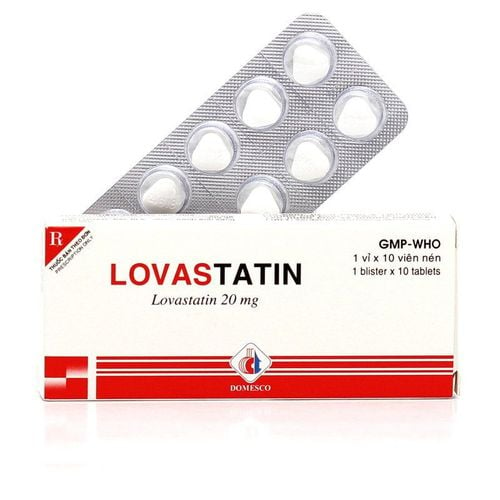This is an automatically translated article.
This article is expertly consulted by Master, Doctor Ngo Thi Oanh - Pediatrician - Pediatrics - Neonatology - Vinmec Ha Long International General Hospital.Childhood obesity is difficult to detect. The age of obesity in children is usually between the first half of the year until the child is 2 years old. Therefore, families need to take proper care of their children during this time to minimize the risk of illness.
1. When is childhood obesity a concern?
According to the results of scientific research, young children are at risk of obesity if their weight is more than 85% of the standard weight, and are considered obese if their weight is 85-95% higher than the standard weight. the standard weight corresponding to the child.Another study followed the weight of about 7,500 children between the ages of 9 months and 2 years. The results showed that about 32% were at risk and had obesity at 9 months of age and this rate increased to 34% by the time the child was 2 years old.
Also according to the study, young children who are at risk of obesity at 9 months of age are most likely to have obesity at 2 years of age. Children living in low-income families had the highest risk of obesity at both time points. Specifically, 2-year-olds living in low-income families have a 40% increased risk of obesity, while the rate is only 27% for children living in high-income families.

Trẻ sơ sinh có nguy cơ mắc bệnh béo phì lúc 9 tháng tuổi thì khả năng mắc bệnh béo phì vào năm 2 tuổi là cao nhất.
2. Fat and diet in overweight, obese infants
Fat is considered a cause of childhood obesity, which is a case of excessive intake of high-fat foods for the child's age. In fact, fats play an important role in the growth and development of young children. Therefore, families need to provide children with reasonable fats instead of including them in the diet.High-fat foods are now overused. Today, children are given snacks too early, there are 9 month old children who have been given french fries. This contributes to promoting the risk of overweight and obesity in young children. Therefore, instead of giving your child junk food, you should give your child a habit of eating fruits, vegetables and other nutritious foods.
Reasonable fat supplementation for overweight and obese children is completely possible. That's because when you take care of young children, you have the right to choose healthy foods for them. As you get older, you can teach your child to eat right and exercise to stay fit.

Khoai tây chiên làm tăng nguy cơ béo phì ở trẻ
3. What to do to keep the baby's weight in the right range?
To keep your baby's weight at a healthy level you need:Monitor your baby's weight during pregnancy: Studies show that excessive weight gain after birth increases the risk of obesity. Breastfeeding: Some studies show that breastfeeding reduces the risk of childhood obesity. Limit sugary drinks: Juice is not necessary in the child's diet. Instead, you should give your child nutritious fruits and vegetables. Calm your baby's crying in a new way: When you see your baby crying, instead of breastfeeding, you should try changing positions, reducing noise or gently rubbing. Limit internet use: Children under 2 years old should avoid using phones, watching TV, because it will increase the risk of overweight and obesity when children are older.

Cho trẻ ăn nhiều trái cây để giữ cân nặng của trẻ ở mức chuẩn
Vinmec International General Hospital is the address for examination, treatment and prevention of diseases, including Pediatrics. When performing the examination process at Vinmec, customers will be welcomed and used modern facilities and equipment along with perfect medical services under the guidance and advice of experts. Good doctors, well-trained both at home and abroad.
Please dial HOTLINE for more information or register for an appointment HERE. Download MyVinmec app to make appointments faster and to manage your bookings easily.
Reference sources: mayoclinic.org, .webmd.com












